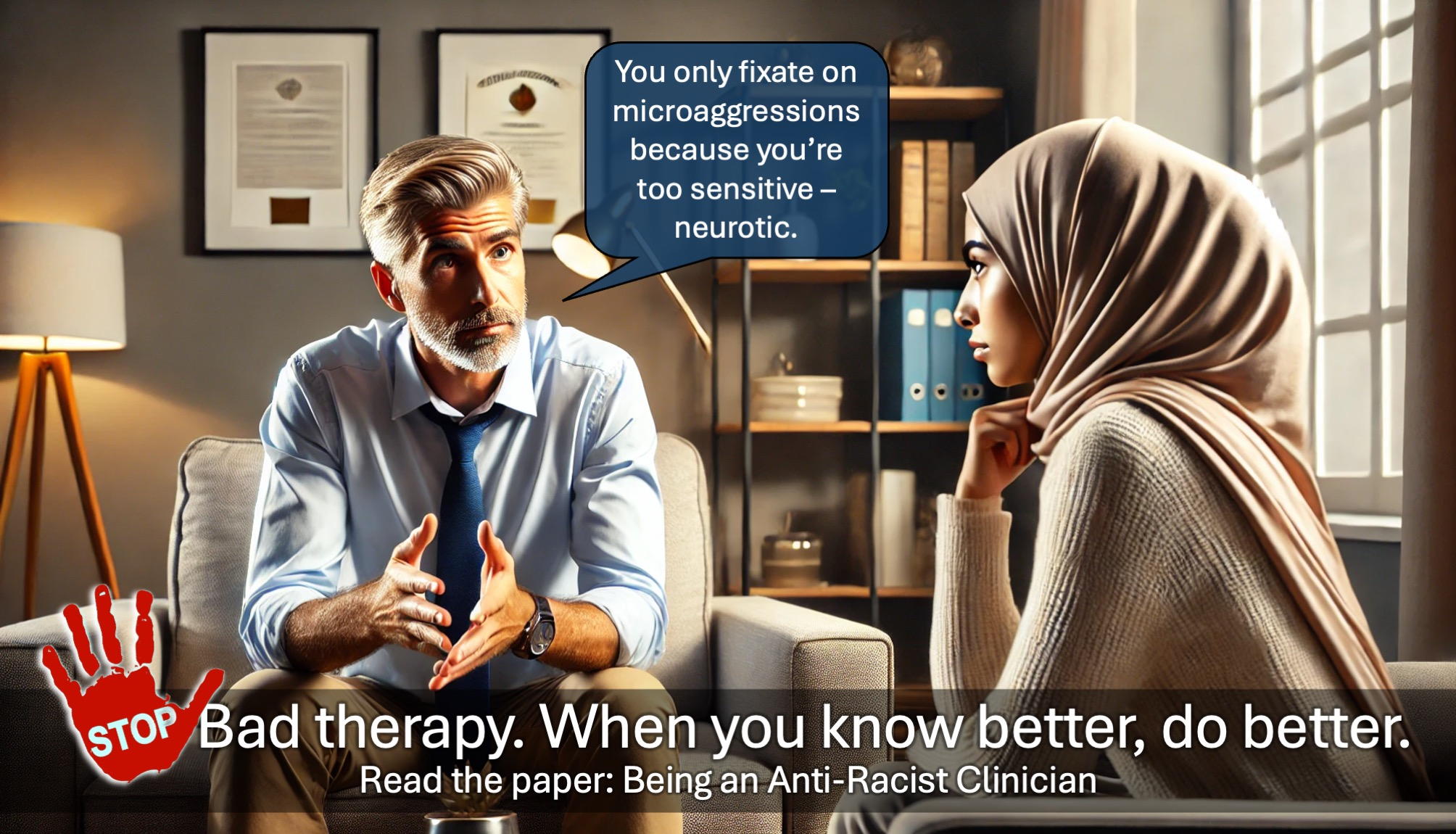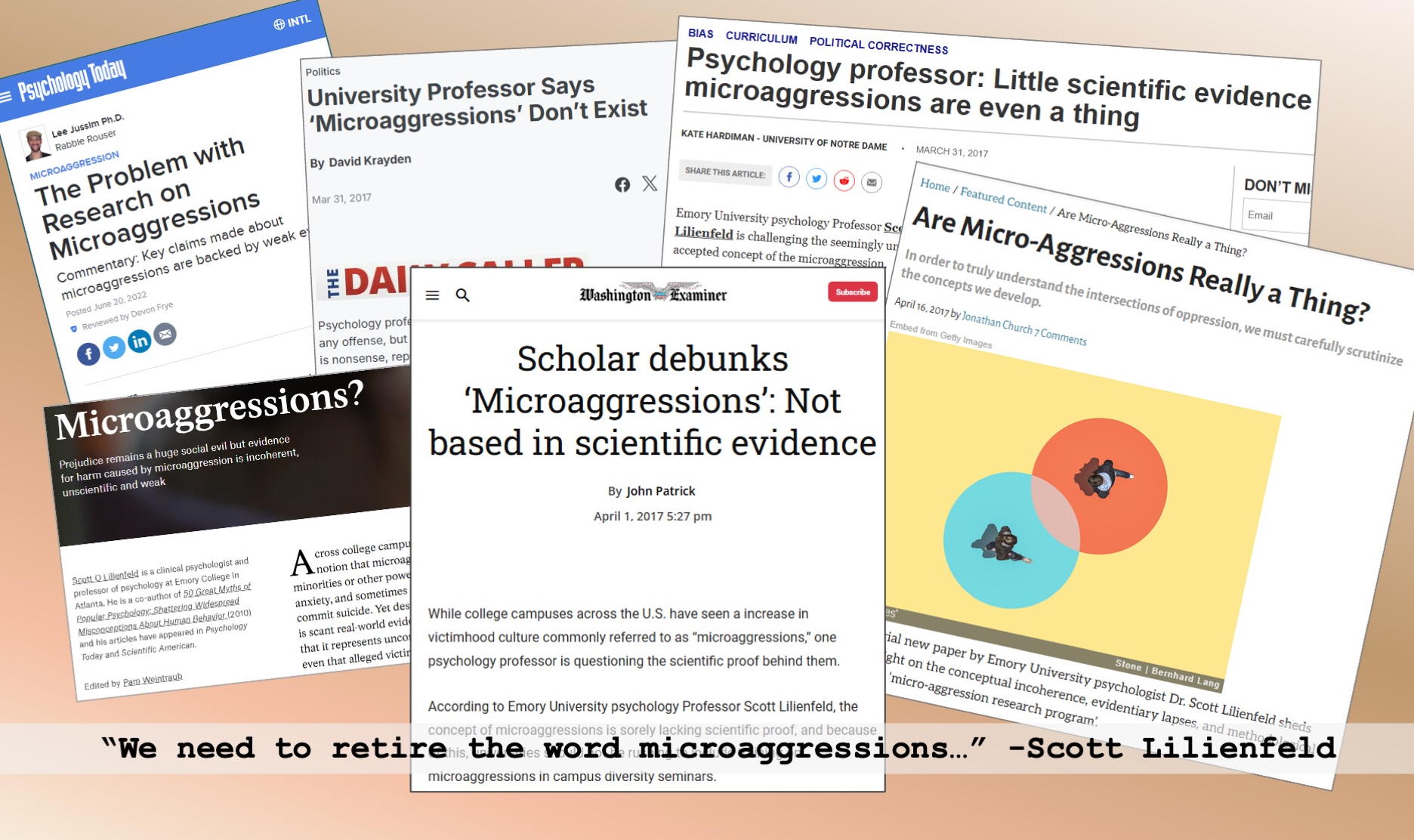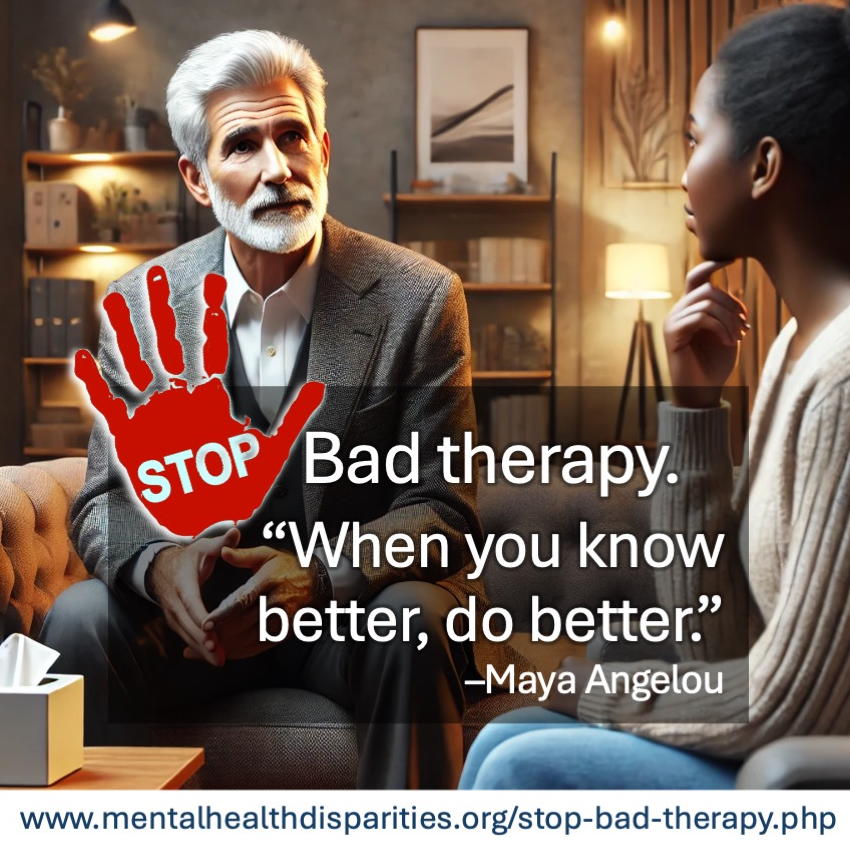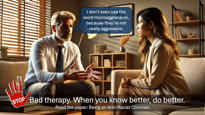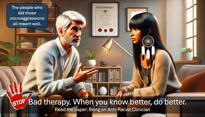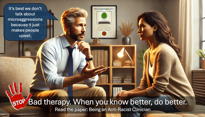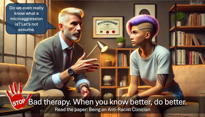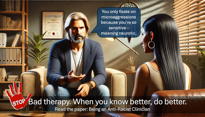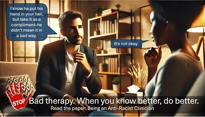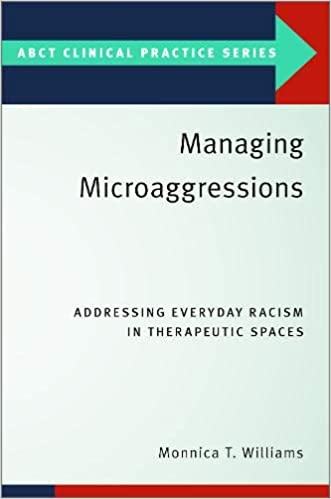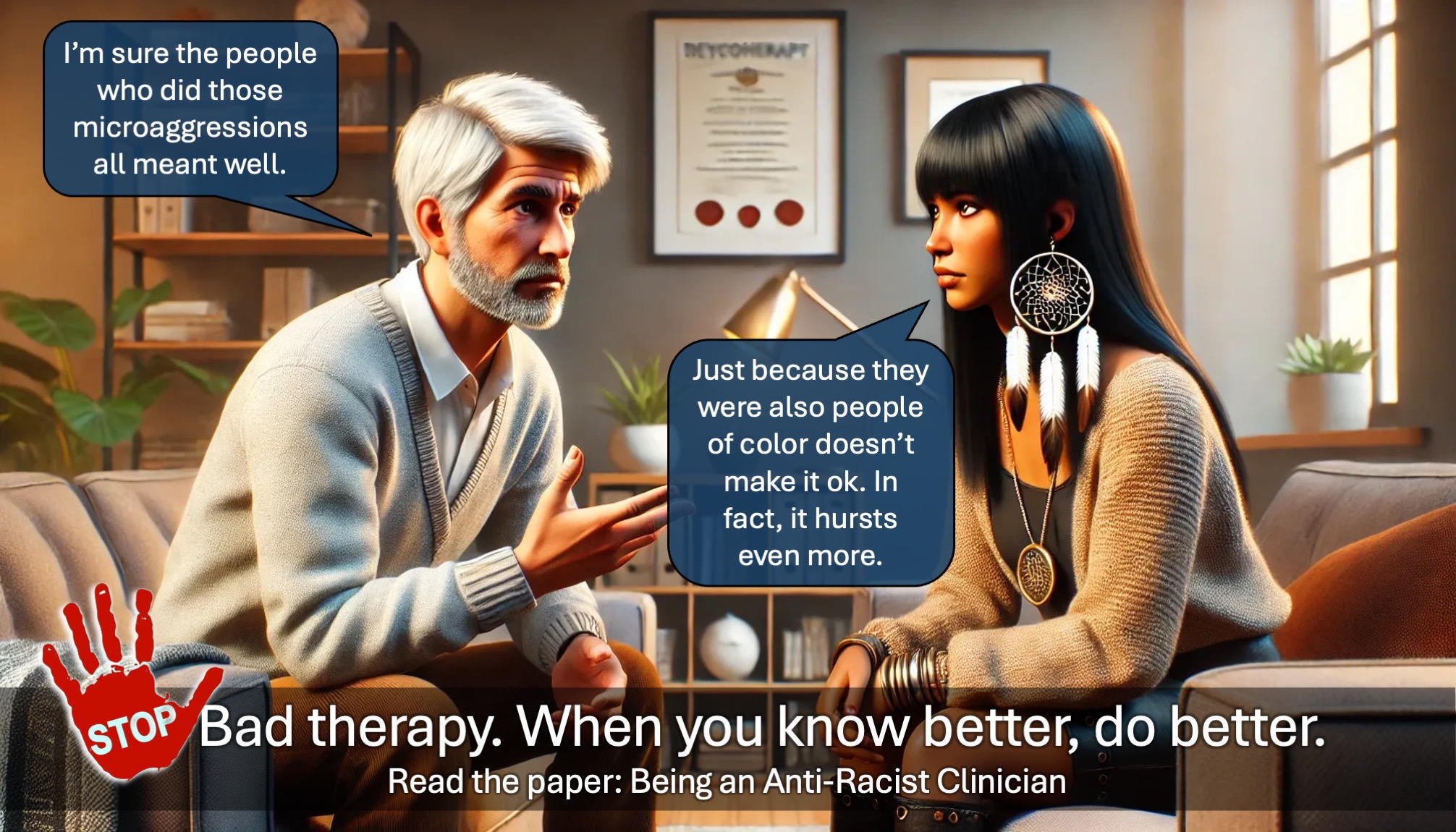
Can People of Color Commit Racial Microaggressions?
There are many myths and misconceptions about microaggressions that continue to be a source of confusion. Some believe that people of color cannot commit microaggressions against other people of color because microaggressions are caused systemic power imbalances rooted in racial hierarchies that support White dominance.
Can people of color commit racial microaggressions toward other people of color?
In this view, racialized people, as members of marginalized groups, are seen as sharing a common experience of oppression and thus presumed to lack the institutional power necessary to enact similar forms of subtle harm. However, this understanding can be overly simplistic, as power dynamics, intragroup tensions, and internalized biases can still lead to microaggressive behaviors by people of color toward one another. People of color are subjected to all the same pervasive negative social messages about themselves as White people. As such, many will adopt negative views about other people of color and even themselves.
Our research team investigated this issue further. We found that while people of color generally recognize racial microaggressions as unacceptable, they may still commit such acts against other people of color. Notably, there was a significant correlation between anti-Black microaggressions and higher aggression levels in perpetrators, and this was true for Hispanic, Black, and Asian Americans — not just White people, as examined in a prior study. Importantly, these behaviors cannot be solely attributed to neuroticism or low ethnic identity. The findings underscore the importance of professional intervention: therapists, for example, should be prepared to address microaggressions in their sessions, even when they occur among people of color.
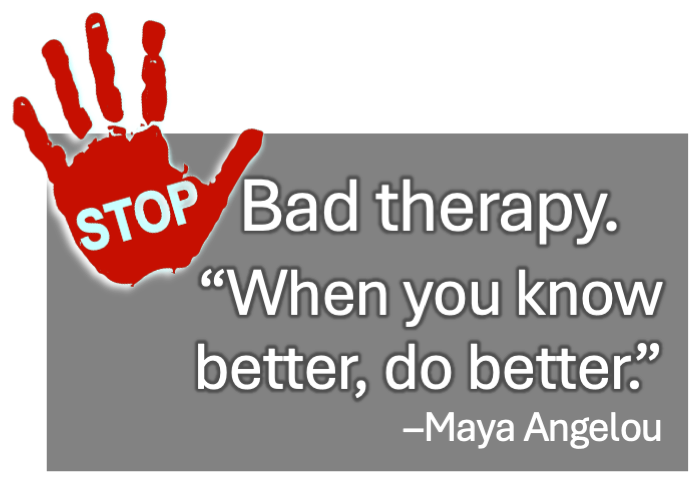
And, if you are following the conversation about the 60+ scholars who have been attacking our anti-racist work, you will see that although the vast majority (over 95%) are White, there are a tiny number of people of color who have joined in as well.
You can support this campaign by posting any of these images on social media with a link back to this web page at: https://www.mentalhealthdisparities.com/stop-bad-therapy.php

